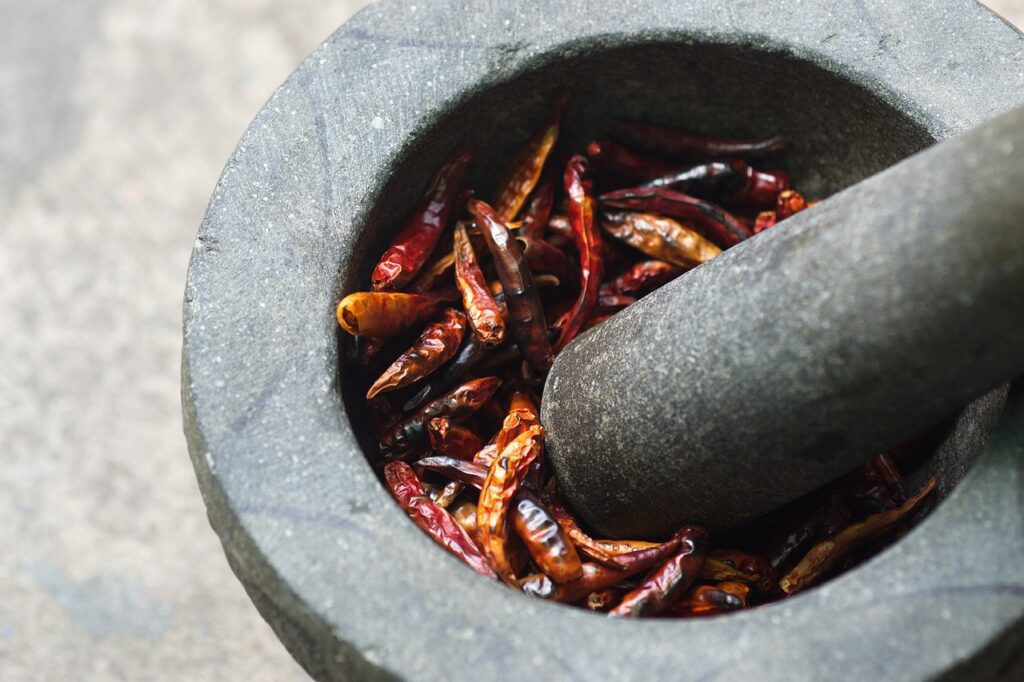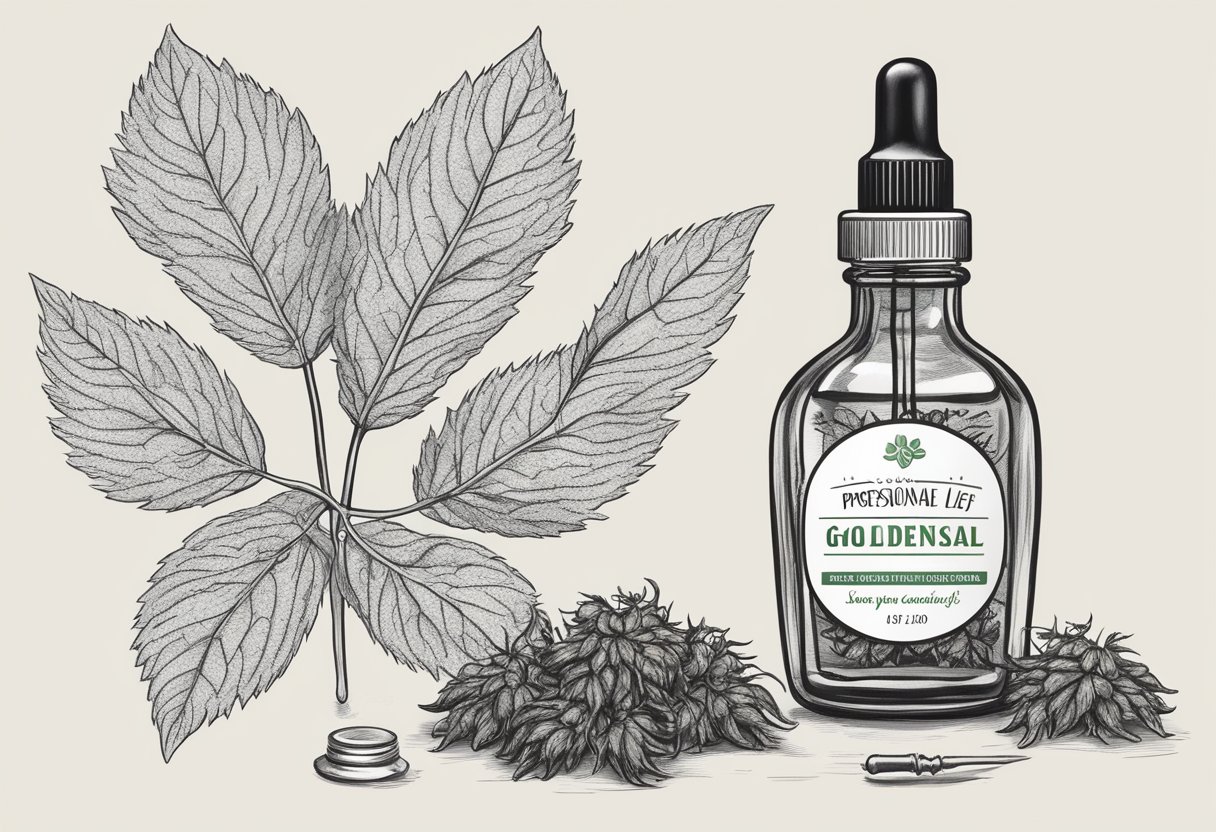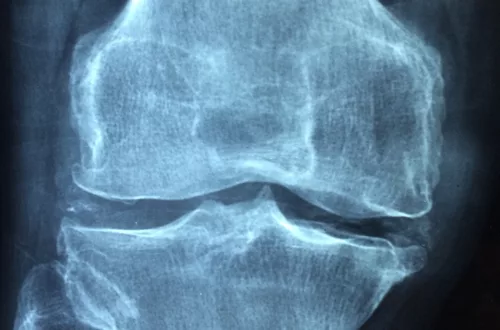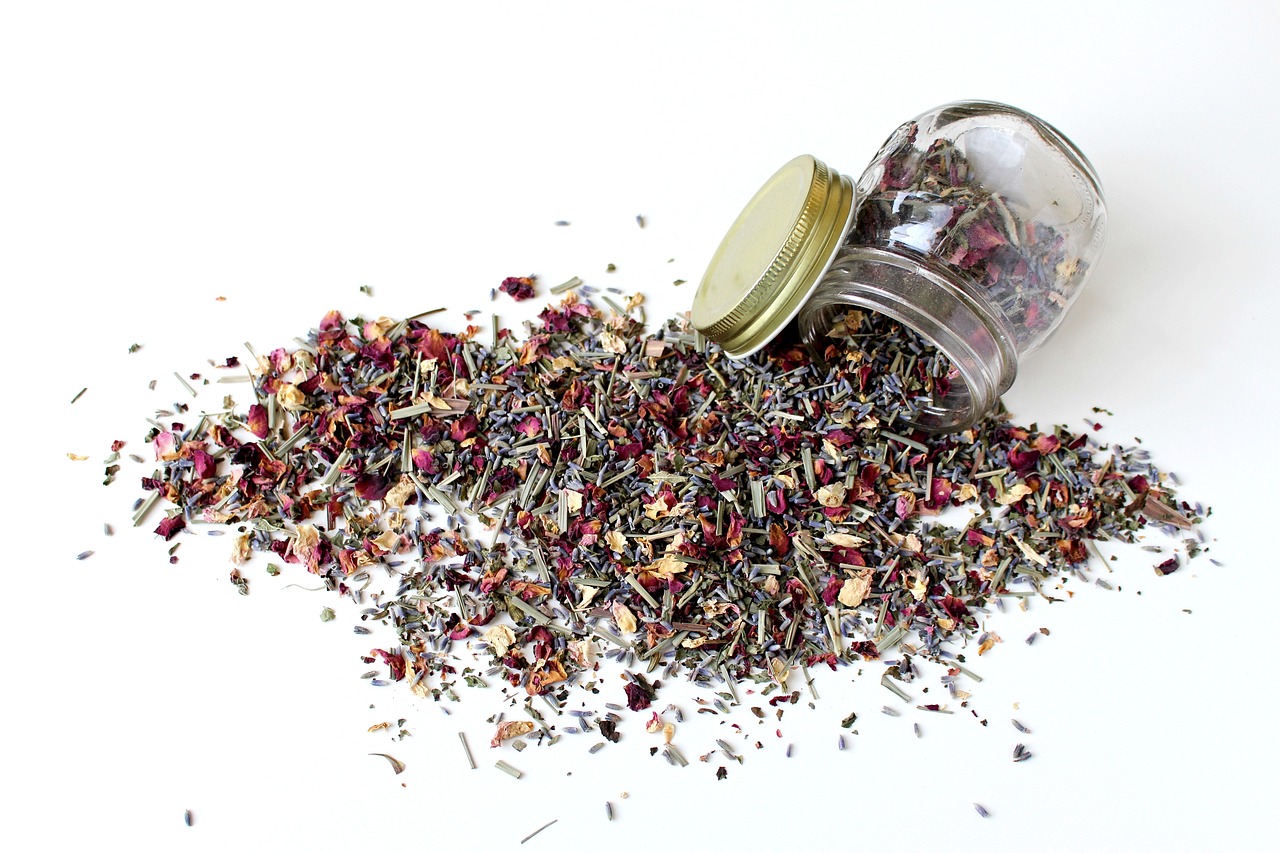The lymphatic system is a vital part of the human body that helps to remove waste and toxins, as well as regulate the immune system. When the lymphatic system is not functioning properly, it can lead to a buildup of toxins and waste in the body, causing a variety of health problems. Fortunately, there are many herbs for the lymphatic system that can help to support and promote lymphatic flow, supporting the body’s health and helping it function properly.
Disclaimer: This article is provided for informational purposes only and should not replace professional medical advice. Please consult with a qualified healthcare practitioner or herbalist before using any herbal remedies.
Understanding the Lymphatic System The lymphatic system is a complex network of vessels, nodes, and organs that work together to remove waste and toxins from the body. The lymphatic system is responsible for filtering lymph, a clear fluid that contains white blood cells, and returning it to the bloodstream. The lymphatic system also helps to regulate the immune system, helping to fight off infections and diseases.
Importance of Lymphatic Health Maintaining a healthy lymphatic system is essential for overall health and well-being. When the lymphatic system is not functioning properly, it can lead to a buildup of toxins and waste in the body, causing a variety of health problems. Some common symptoms of lymphatic congestion include fatigue, headaches, muscle aches, and joint pain. By promoting lymphatic flow and supporting lymphatic health, it is possible to reduce the risk of these health problems and maintain optimal health.
Key Takeaways
- The lymphatic system is a vital part of the human body that helps to remove waste and toxins, as well as regulate the immune system.
- Maintaining a healthy lymphatic system is essential for overall health and well-being.
- There are many herbs that can help to support and promote lymphatic flow, helping to keep the body healthy and functioning properly.

Understanding the Lymphatic System
Role of the Lymphatic System
The lymphatic system is an essential part of the circulatory system that plays a vital role in maintaining lymphatic health and overall health. It is a drainage system that helps to remove excess fluids, waste products, and harmful substances from the body tissues. The lymphatic system is responsible for transporting lymph, a fluid that contains white blood cells, throughout the entire body.
Structure of the Lymphatic System
Our lymphatic system is made up of lymphatic vessels, lymph nodes, and other lymphoid organs. The lymphatic vessels are similar to blood vessels, but they carry lymph instead of blood. These lymph vessels are connected to the largest clusters of lymph nodes, which are located in the neck, armpits, groin, and other parts of the body. The lymph nodes filter the lymph and remove any harmful substances, such as bacteria, viruses, and cancer cells. The lymphoid organs, such as the spleen and thymus, also play an important role in the function of the lymphatic system.
Lymphatic vessels are located in close proximity to the blood vessels, and they work together to maintain the balance of fluids in the body tissues. The lymphatic system also helps to regulate the immune system, which is responsible for protecting the body against infections and diseases.
In summary, the lymphatic system is an essential part of the circulatory system that plays an important role in maintaining lymphatic health and overall health. It is a drainage system that helps to remove excess fluids, waste products, and harmful substances from the body tissues. The lymphatic system is closely connected to the central nervous system and the blood vessels, and it works together with the immune system to protect the body against infections and diseases.
Importance of Lymphatic Health
The lymphatic system plays a crucial role in maintaining good health. It is responsible for removing waste and toxins from the body, regulating fluid balance, and supporting immune function. This makes it a crucial system in preventing disease.
Immune Function and the Lymphatic System
The lymphatic system is an essential component of the immune system. It is responsible for producing and transporting immune cells, such as white blood cells, throughout the body. These cells help to identify and destroy harmful pathogens, viruses, and bacteria that can cause illness and disease.
A healthy lymphatic system is vital for optimal immune function. When the lymphatic system is compromised, it can lead to a weakened immune response, making it more difficult for the body to fight off infections and diseases.
Lymphatic Health and Disease Prevention
Maintaining a healthy lymphatic system is critical for disease prevention. Studies have shown that a healthy lymphatic system can help to reduce the risk of heart disease and cancer.
Heart disease is the leading cause of death worldwide, and research has shown that a compromised lymphatic system can contribute to the development of this condition. A healthy lymphatic system helps to regulate fluid balance and remove excess fluid from the body, which can help to reduce the risk of heart disease.
Similarly, a healthy lymphatic system can also help to prevent the development of cancer. Cancer cells can spread throughout the body via the lymphatic system, and a compromised lymphatic system can make it easier for these cells to spread and grow. By maintaining a healthy lymphatic system, individuals can reduce their risk of developing cancer and improve their overall health.
In conclusion, the lymphatic system plays a crucial role in maintaining good health and preventing disease. By supporting immune function and regulating fluid balance, a healthy lymphatic system can help individuals achieve optimal health and reduce their risk of developing a variety of health problems.

Causes of Lymphatic Congestion
Lymphatic congestion is a condition that occurs when the lymphatic system fails to drain excess lymphatic fluid from the body. This can cause swelling, pain, and discomfort. There are several reasons why lymphatic congestion may occur, including:
- Infections: When the lymphatic system is fighting an infection, such as a cold or flu, lymph nodes may become swollen and congested. This is because lymph nodes act as filters for the lymphatic system, trapping bacteria, viruses, and other harmful substances.
- Injuries: Trauma to the lymphatic system, such as surgery or radiation therapy, can cause lymphatic congestion. This is because damage to the lymphatic vessels or nodes can impede the flow of lymphatic fluid.
- Tight-fitting Clothes: Wearing tight-fitting clothes, such as skinny jeans or compression stockings, can restrict the flow of lymphatic fluid. This can cause lymphatic congestion, especially in areas such as the legs or abdomen.
- Underwire Bras: Wearing underwire bras can also restrict the flow of lymphatic fluid, causing congestion in the breast tissue. This is because the underwire can compress the lymphatic vessels and nodes in the breast area.
In addition to these causes, there are other factors that can contribute to lymphatic congestion, such as poor diet, lack of exercise, and stress. Therefore, it is important to maintain a healthy lifestyle to support the lymphatic system and prevent congestion.
Overall, understanding the most common causes of lymphatic congestion can help individuals take preventative measures to avoid this condition.
Promoting Lymphatic Flow
The lymphatic system is responsible for maintaining a healthy immune system and removing waste and toxins from the body. A healthy lymph flow is essential for overall health and wellbeing. There are several ways to promote lymphatic flow, including lymphatic massage, dry brushing, deep breathing, inversion, hydration, and diet.
Lymphatic Massage and Dry Brushing
Lymphatic massage and dry brushing are great ways to promote lymphatic flow. This massage involves gentle pressure applied to the lymph nodes and lymphatic vessels to stimulate lymphatic flow. Dry brushing involves using a dry brush to stimulate the lymphatic system and improve circulation. Both techniques can help reduce swelling, improve immune function, and promote overall health.
Deep Breathing and Inversion
Deep breathing and inversion are also effective ways to promote lymphatic flow. Breathing deeplyhelps to oxygenate the body and improve circulation, while inversion helps to promote lymphatic drainage by reversing the flow of gravity. Using an inversion table or simply lying with your legs up against a wall for a few minutes a day can help improve lymphatic flow.
Hydration and Diet
Drinking plenty of water and eating a healthy, alkaline diet can also help promote lymphatic flow. The lymphatic system relies on hydration to function properly, so drinking at least eight ounces of water a day is essential. Eating alkaline fruits and vegetables, such as leafy greens, citrus fruits, and berries, can also help improve lymphatic flow.
Overall, promoting lymphatic flow is essential for maintaining a healthy immune system and removing waste and toxins from the body. Incorporating lymphatic massage, dry brushing, deep breathing, inversion, hydration, and a healthy diet into your daily routine can help improve lymphatic flow and promote overall health.

Herbs for the Lymphatic System
The lymphatic system plays a crucial role in maintaining a healthy immune system. When the lymphatic system is not functioning properly, it can lead to a variety of health issues. Fortunately, there are many medicinal Herbs for Lymphatic System.
Top Herbs for the Lymphatic System
Fresh cleavers, also known as little love, is one of the best tonics for the lymphatic system. It can be consumed as a tea or taken as a liquid extract. Red clover is another powerful lymphatic herb that can be consumed in tea or tincture form. Red root, burdock, poke root, sweet woodruff, blue flag, and galium aparine are other notable herbs that can help support lymphatic health.
Teas and Extracts: Herbs for the Lymphatic System
Herbal teas and liquid extracts are effective ways to consume lymphatic herbs. A herbal detox tea blend that includes calendula flowers can help stimulate the lymphatic system and support detoxification. Liquid extracts of lymphatic herbs can be added to hot water and consumed as a tonic.
Spices for Lymphatic Health
Cayenne peppers and black pepper are the most powerful cleansing spices for the lymphatic system. These spices can be added to meals or consumed as a tea to help stimulate circulation and lymphatic flow.

It’s important to note that while these herbs and spices can be beneficial for lymphatic health, they should not be used as a replacement for medical treatment. It’s always best to consult with a healthcare professional before incorporating any new herbs or supplements into your routine.
Conclusion: Herbs for the Lymphatic System
In conclusion, herbal remedies have been found to be effective in supporting the lymphatic system. While research is still ongoing, there is evidence to suggest that certain herbs can help boost lymphatic function, reduce inflammation, and improve overall health.
Some of the most promising herbs for the lymphatic system include Fructus Schisandrae (Wuweizi), which has been shown to modulate the human lymphatic system in a Phase I minimization clinical trial [1]. Other herbs, such as Red Clover, Echinacea, and Cleavers, have been traditionally used to support lymphatic health and may also have anti-inflammatory and immune-boosting properties [2].
It is important to note that while herbs can be a helpful addition to a healthy lifestyle, they should not be used as a substitute for medical treatment. It is always best to consult with a healthcare provider before starting any new herbal regimen.
Overall, incorporating lymphatic-supporting herbs into a healthy diet and lifestyle may be a beneficial way to support the body’s natural detoxification processes and promote overall health and wellness.
[1] https://www.sciencedirect.com/science/article/pii/S0753332207001904 [2] https://www.medicalnewstoday.com/articles/324518#herbs-for-the-lymphatic-system






